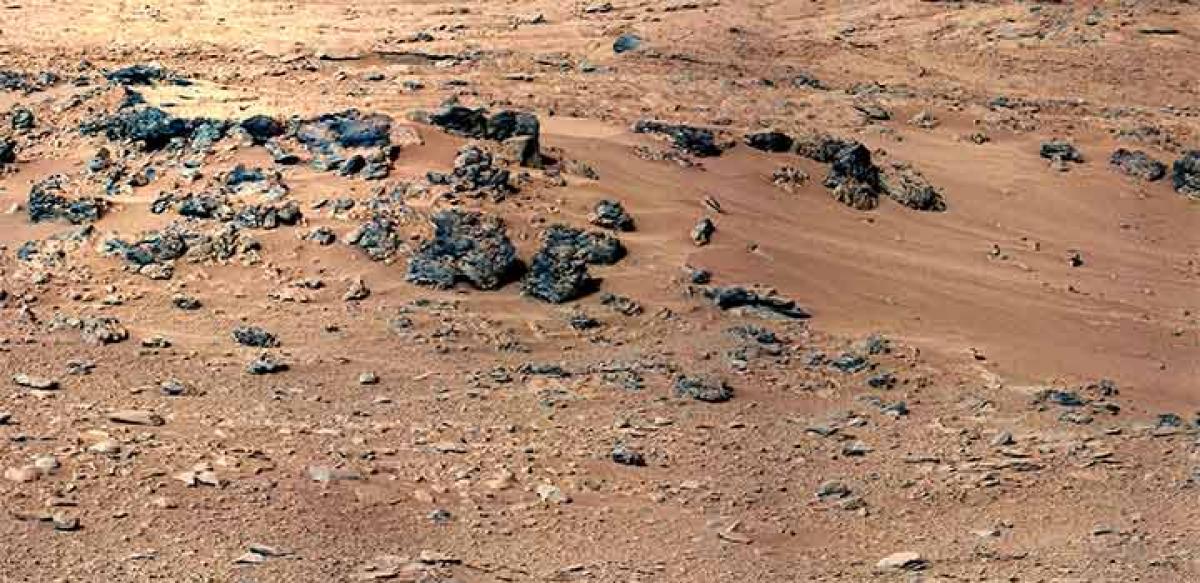Live
- BRS miserably failed in administration: Congress
- All schools in UP’s NCR districts go online
- Collector flags off the campaign chariot
- A celebration of rights and welfare
- Bharat Forge likely to set up artillery unit in Madakasira
- Lagacharla episode: BJP MP seeks intervention of NHRC
- PM Awas 2.0 launched
- Health camp, awareness programme on diseases held
- Solar Energy Promotion: Five model villages to be developed in Sathya Sai dist
- Pvt Degree, PG Colleges under OU call off bandh
Just In

You must have witnessed smart space farming by Hollywood actor Matt Damon in \"The Martian\" as he struggled to survive on the Red Planet. But for NASA, space farming is already happening.
.jpg)
New York: You must have witnessed smart space farming by Hollywood actor Matt Damon in "The Martian" as he struggled to survive on the Red Planet. But for NASA, space farming is already happening.
In August this year, six astronauts on the International Space Station (ISS) became the first people to eat red romaine lettuce grown at the veggie plant growth system aboard the orbiting laboratory in space.
NASA is funding Bruce Bugbee, director of the plants, soils and climate department at Utah State University, to help grow food in difficult space conditions.
A number of technologies NASA has explored for these space-farming experiments have returned to Earth over the years and found their way onto the market.
NASA's plant experiment, called Veg-01, is being used to study the in-orbit function and performance of the plant growth facility and its rooting "pillows" which contain the seeds.
The first "pillows" were activated, watered and cared for by Expedition 39 flight engineer Steve Swanson in May 2014.After 33 days of growth, the plants were harvested and returned to Earth in October 2014. At NASA’s Kennedy Space Center in Florida, the plants underwent food safety analysis.
The second “Veg-01 plant pillows” were activated by Kelly on July 8 and grew again for 33 days before being harvested. The seeds had been on the station for 15 months before being activated. The veggie unit features a flat panel light bank that includes red, blue and green LEDs for plant growth and crew observation.
The purple/pinkish hue surrounding the plants is the result of a combination of the red and blue lights which by design emit more light than the green LEDs.
Green LEDS were added so the plants look like edible food rather than weird purple plants. Besides the nutritional benefits, growing fresh produce in space may also provide a psychological benefit to astronauts.

© 2024 Hyderabad Media House Limited/The Hans India. All rights reserved. Powered by hocalwire.com







